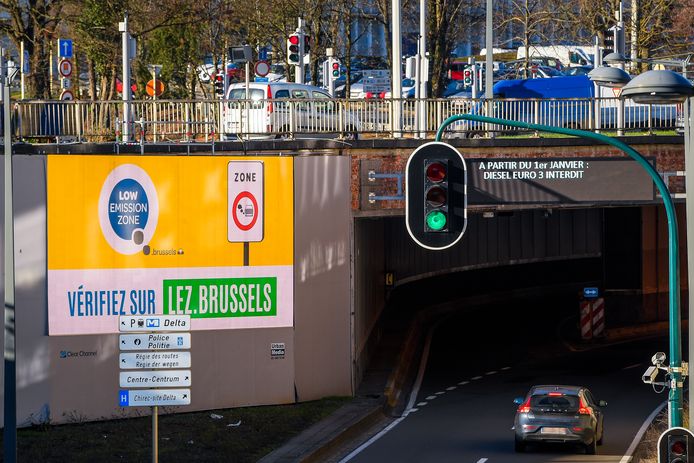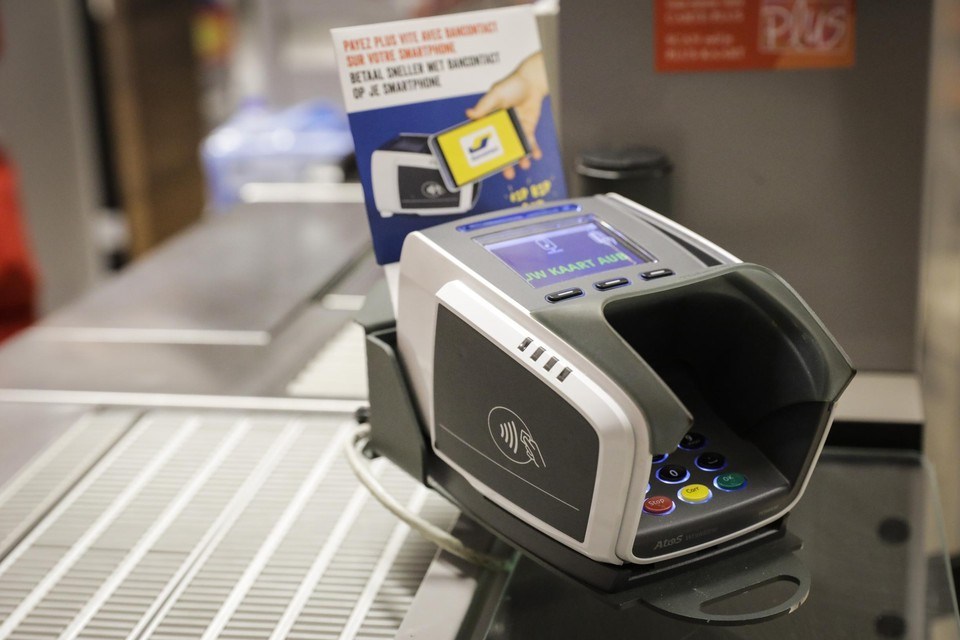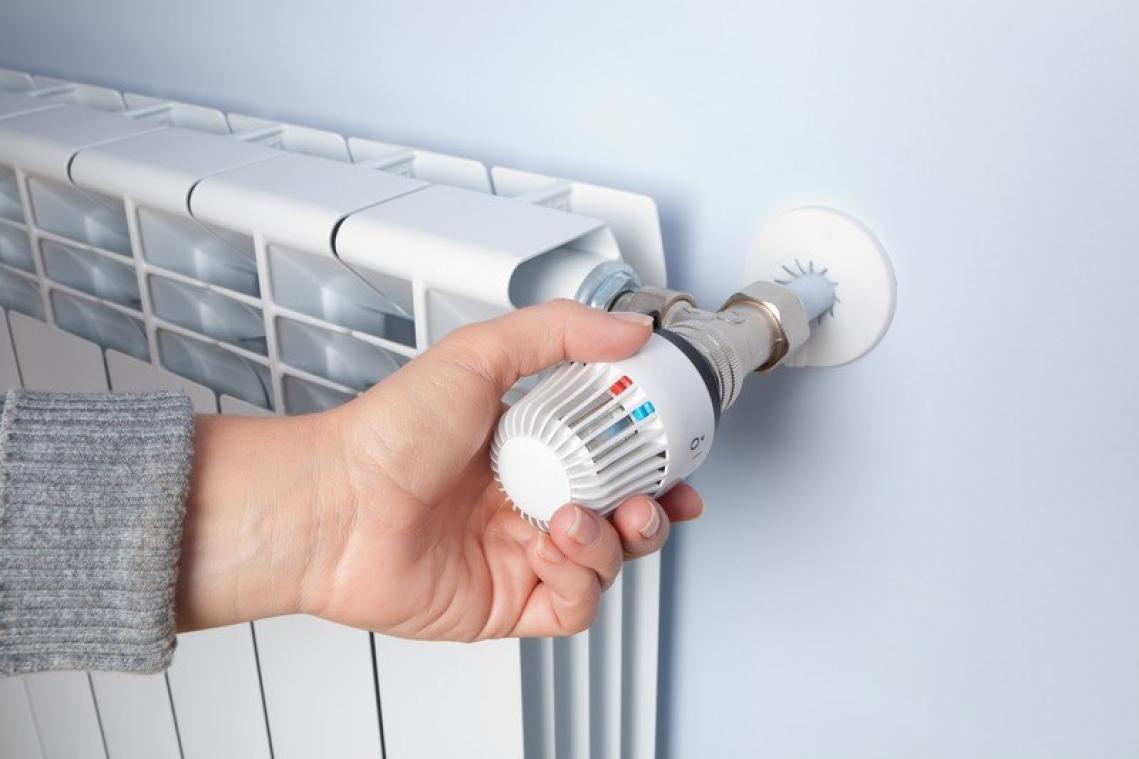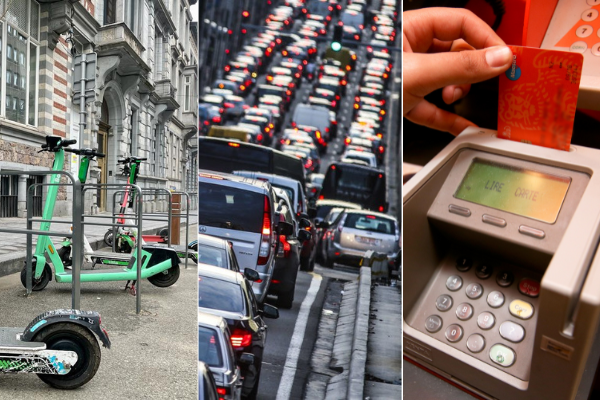As new months feel like they come around quicker and quicker, more changes are scheduled to take place in Belgium in July. From new e-scooter laws to stricter technical inspections, here's what new rules will come into place on Friday.
E-scooter, car inspections and fines for emissions
It has been a long time coming, but from Friday, new federal laws for the use of e-scooters in Belgium will come into place. People under the age of 16 will no longer be allowed to ride the two-wheeled electric vehicles.
Riding e-scooters on pavements will also be made illegal, even at walking speed. To curb the rise in disorderly parking, there will be designated parking zones for e-scooters. Finally, it will no longer be permitted to ride in pairs. Find out all the rules here.
Also starting from Friday, a new particle filter test will be carried out in Flanders, Brussels and Wallonia during the technical inspection of the car, which will result in cars without the relevant filter or a damaged one will fail the test.
The state or presence of filters will be checked on all passenger cars and vans with diesel engines of the Euro 5a standard and newer. If a major defect is found, the validity of the inspection certificate will be limited to 15 days, so that the owner of the vehicle can have the defect repaired.

Credit: Belga
Meanwhile, in Brussels, drivers of cars, vans, buses and minibuses approved under Euro 4 standards — the last generation of vehicles that do not have to be fitted with a particle filter — who enter Brussels' Low Emission Zone (LEZ) without a day pass can be fined €350.
The checks are carried out using cameras with number plate recognition.
Also in Brussels, and in Flanders, the kilometre tax will be indexed, as previously announced, with new rates applying to all heavy goods vehicles, both Belgian and foreign, with a maximum authorised mass of more than 3.5 tonnes. Wallonia has already indexed its tariffs on 1 January.
Ending cash payments, savings and employment measures
Electronic payments will become possible in all shops in Belgium from 1 July as all retailers will be forced by law to offer their customers at least one electronic payment method.
Retailers will be free to offer any electronic payment method they wish, and cash payments will also still be possible. The aim of the new measure is to fight fraud.

Credit: Belga
All savings accounts at Rabobank.be will be closed on Friday, another step in the phasing out of its activities in Belgium. The money still in these accounts will be automatically transferred to current accounts, giving customers another three months to transfer their money to another bank.
From Friday onwards, it will no longer be possible to use the flexible procedure for temporary unemployment due to force majeure caused by the pandemic and the war in Ukraine, which has been in force since March 2020, meaning the classic procedures to apply for temporary unemployment will once again apply.
Related News
- Brussels open-air public pool to reopen on 1 July: Here's what you need to know
- Louvain-la-Plage urban beach is back for July
The strict definition of force majeure, such as the total impossibility of performing the employment contract, will again have to be met to introduce temporary unemployment.
Energy measures
The transmission tariffs of Fluxys, the gas grid operator, will be reduced by 10%, however, the impact on the gas bill of ordinary consumers will remain limited, with an average reduction of €3 per year expected.
"For a small consumer, this is indeed not much. But for large consumers, such as certain companies, it can represent several thousand euros," a Fluxys spokesperson said.

Credit: Belga
Meanwhile, the social tariffs — a lower tariff for electricity and natural gas to ensure the energy bill remains affordable for struggling households — will increase by an average of 7.4% compared to current prices after a slight decrease in the second quarter due to a VAT cut.
The single tariff for electricity will reach 24.613 cents per kilowatt-hour, including VAT, compared to 22.907 cents in the second quarter. For natural gas, the social tariff will rise by 8.7% to 3.093 cents per kWh, up from 2.846 cents at present.
Pet Permit
From Friday onwards, anyone wishing to buy or adopt an animal in Wallonia will have to present an extract from the central file on environmental crime and animal welfare to prove they are not under a ban on owning a pet or have not been stripped of a licence to keep a pet.
Until now, this permit was tacitly issued to all citizens and could be withdrawn in the event of an animal welfare violation. The extract will be issued by the municipalities.

